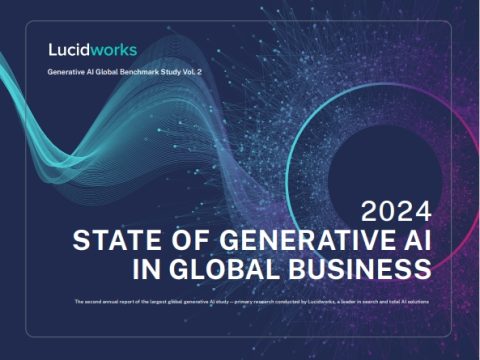
How can your business optimize operations and cost whilst reducing waste and emissions? When one organization set out in pursuit of answers, it found that a methodical, data- driven approach is key. Learn how it delivered winning sustainability outcomes and better business resiliency.
From involvement in numerous industry technical working groups and development of reporting standards, Steve Ford, Head of Sustainability at GPT Group, a diversified property group listed on the Australian Securities Exchange (ASX), has been surprised to see the broad range of environmental, social and governance (ESG) data management processes, where many companies continue to manage data
through, “a bunch of spreadsheets, PDFs and unlinked documents.”
This is in stark contrast to the highly automated mechanisms Ford and his team have deployed for ESG data management for over a decade now. Over that time, GPT has consistently topped the Dow Jones Sustainability World Index and each of GPT’s wholesale funds has been recognized in the top quintile of the GRESB Real Estate Benchmark. In fact, GPT has more carbon neutral building certified floor space than any other Australian property owner (link resides outside of ibm.com) and is currently ranked first of 864 real estate companies in he S&P Global Corporate Sustainability Assessment.
The driving force here is a formidable combination—an ingrained corporate culture of sustainability fused with a methodical approach to ESG data management.
Just over a decade ago, GPT’s Sustainability team faced a real challenge in accelerating their sustainability journey. The use of spreadsheets and manual tools to manage data related to energy, water, waste and emissions was becoming untenable. Standalone legacy systems stonewalled the reconciliation of non-financial sustainability data. ESG reporting was becoming onerous.
GPT’s think tank could see where the future of corporate sustainability was.
“The end game has to be net zero or a carbon neutral outcome. And anyone who doesn’t see that as the
end game for energy- and climate-related environment impact is playing on the wrong planet,” says Ford. And they realized early on that one way to get there faster was with solid data to measure, manage and report sustainability performance.
So in 2011, GPT deployed what is now known as the IBM® Envizi ESG Suite to streamline ESG data management across building assets and support compliance reporting such as The National Greenhouse and Energy Reporting scheme (NGERs). Over the last decade, this deployment has progressively grown to include additional products, including Interval Meter Analytics and Sustainability Program Tracking, to identify and manage opportunities to deliver sustainability improvements.
Resource Sponsored By

Please fill out the form to access the content








